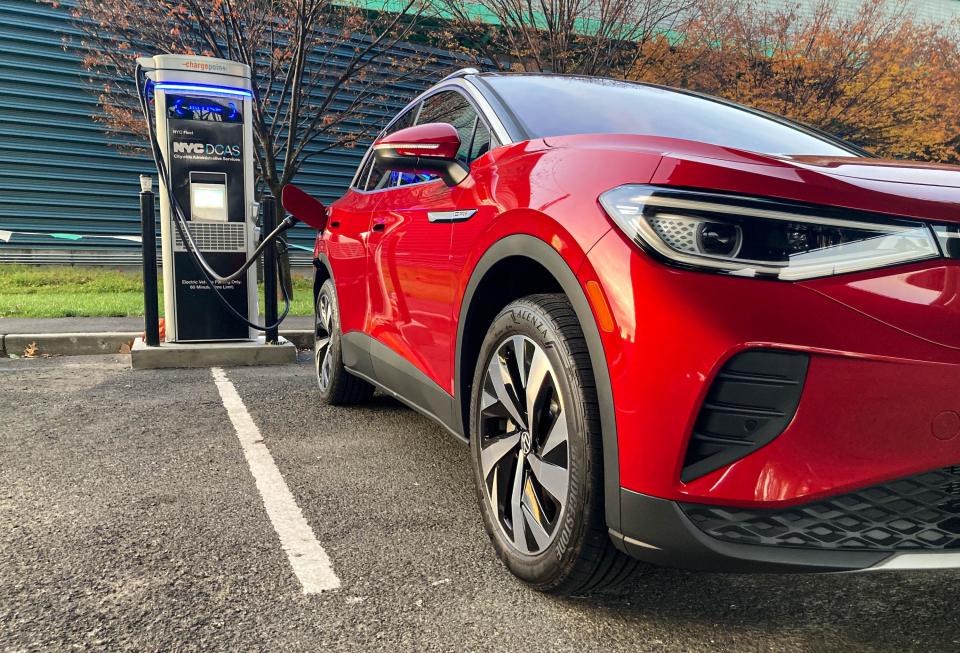Electric-car charging stations are becoming more common, but there's still one huge problem: Tons of them don't work

Electric car charging stations have major reliability issues, a new study found.
More than 25% of public DC charging stations in California's Bay Area were unusable, according to researchers.
Are you an electric-car owner with a story to share about charging? Contact this reporter at tlevin@insider.com
As the global auto industry spends billions to go green, the number of electric-car charging stations in the US is growing rapidly. But quantity isn't everything — and the quality of many of those stations is lacking.
A study of public electric-vehicle stations in California's Bay Area found that only 72.5% of chargers were operational. California has by far the most electric car owners of any state and has been a leader in electric and hybrid vehicles for years. But its charging infrastructure shows major reliability issues, the study, first reported by the San Francisco Chronicle, found.
The survey was conducted by David Rempel, a retired professor of bioengineering at the University of California Berkeley, and Cool the Earth, a nonprofit focused on cutting carbon emissions. Volunteers visited 181 public DC fast-charging stations and tested the 657 individual charging plugs. A connector was labeled functional if it successfully charged an EV for two minutes or if volunteers observed an electric car was already charging.
DC fast-chargers, sometimes called Level 3, are the most powerful type of charger and offer the quickest charge. Tesla Supercharger locations were not included in the survey because they only serve Tesla cars.
A total of 22.7% of connectors were non-functioning due to problems including network connectivity issues, broken plugs, unresponsive screens, and payment system failures. Around 5% of connectors had cables that were too short to reach an EV's charging port, rendering them unusable.
The findings mirror what Insider has experienced while testing EVs in the Northeast, where charging stations are plentiful but often broken or awaiting service. The study also contributes to a mounting body of research indicating that charging needs to become more convenient in order for mass adoption of battery-powered vehicles to occur.
A survey of 1,290 electric-car drivers by a California government agency found that 44% of owners saw operability or payment issues as barriers to charging.
The situation could improve as electric cars grow in popularity and funding flows into the charging space. The White House announced in February it will provide $5 billion to help states shore up their charging infrastructure along major highways.
Read the original article on Business Insider
